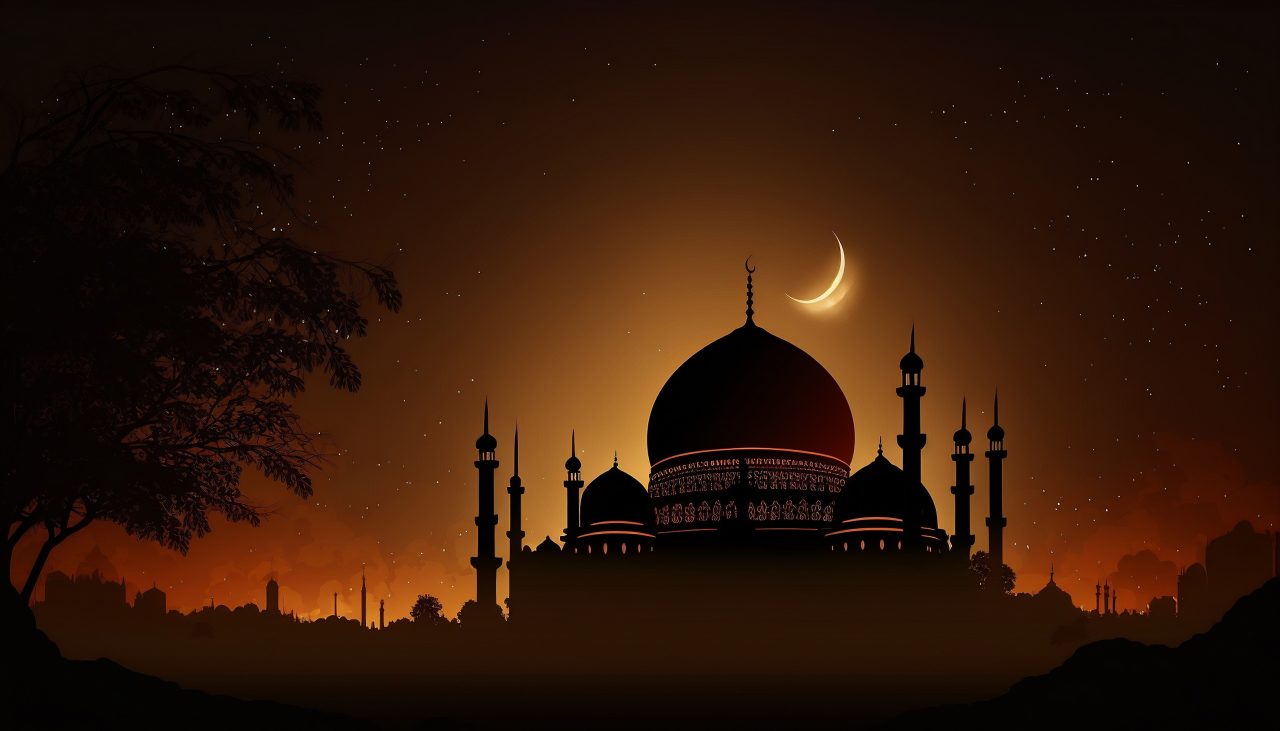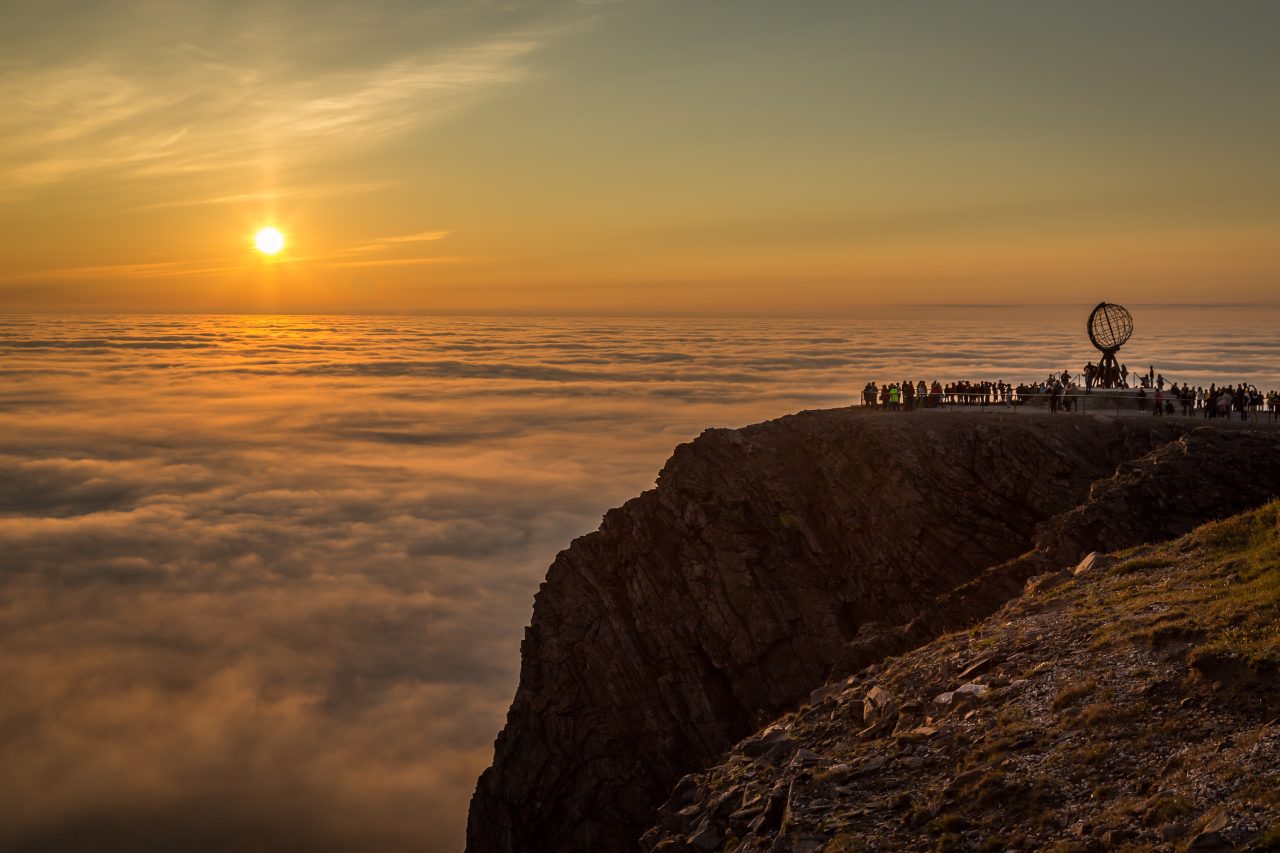Ramadan
Ramadan is an important month-long religious holiday for Muslims all over the world. The holiday involves fasting, praying and being around loved ones. At the end of Ramadan, Muslims celebrate Eid al-Fitr, the Festival of Sweets.



Silhuett av moske med halvmåne på solnedgangshimmel
Ønsker du å lese hele artikkelen?
Ved å logge inn får du full tilgang til artikkelen, samt Lærerrommet med engasjerende læringsstier og oppgaver du kan bruke i undervisningen.
Ønsker du å prøve ut fullversjonen av Skolerom?
Kontakt oss her!


